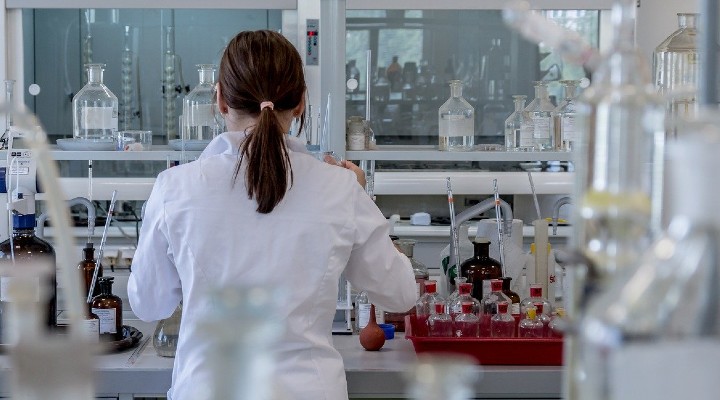
This is one much needed step from the tech world towards fighting the spread of Covid-19 in India. Around 100 leading private hospitals, tech companies and health-tech startups have together planned to launch this free telemedicine consultation app named ‘Swasth.
Infosys co-founder, Kris Gopalakrishnan is spearheading this initiative along with Apollo Hospital’s Shobhana Kamineni,Manipal Group’s Ranjan Pai, iSPIRT’s Sharad Sharma, former Bill and Melinda Gates Foundation executive Nachiket Mor and Subrata Mitra from Accel. All of them have come together to help the country reduce the spread of the contagious pandemic that has brought everyone’s life to an abrupt halt.
Other partners in the mission to launch the Swasth App include the startups Medlife and 1MG and Care.Fit along with e-commerce platforms like Udaan and Flipkart.
What is Swasth all about?
- Free teleconsultation with a network of more than 2000 certified doctors.
- Users will be able to look for availability of resources like beds, labs and home quarantine equipment and aid via the app.
When will Swasth be available for download?
24th June
Which languages is the app available in?
English, Hindi and Gujarati. However, it will soon be available in around 25 languages.
Is Swasth app free to use?
Although the app is free but a nominal fee may be charged for it’s services in order to cover additional operational costs.
The app has raised a funding of 10 Crore from ACT (entrepreneurs and investors in the startup community) and will go for further fund-raising opportunities by tapping into CSR funds of large organisations. More doctors can be expected being added to the app in the coming months. There is a network of doctors that will be offering their services free of cost.
As of now the main goal of Swasth is to provide telemedicine solutions for the masses. Later, the app plans to become a bigger network that can become part of our lifestyle.
Swasth currently being registered under Section 8 of the Companies Act which makes the app a not-for-profit organisation.
The functionality of the app helps in a proper exchange of data. The owner of the data being the patient and this data being accessed by only the hospital which the patient goes to. To be precise, it’s an open network with an addition of the ‘consent’ aspect. This can be utilized well way after the pandemic crisis is over as there’s no data breach while it also allows you to network freel and meet your telemedicine needs.
All in all, Swasth app does seem to be promising in not just what it has to offer right now but also in the long term. It allows the masses to seek the help and care they need and at the time they need without worrying about their data being leaked. We hope Swasth app truly helps our country stay Swasth because it’s time to open the gates to businesses, work and other leisure activities again; after all the show must go on!

